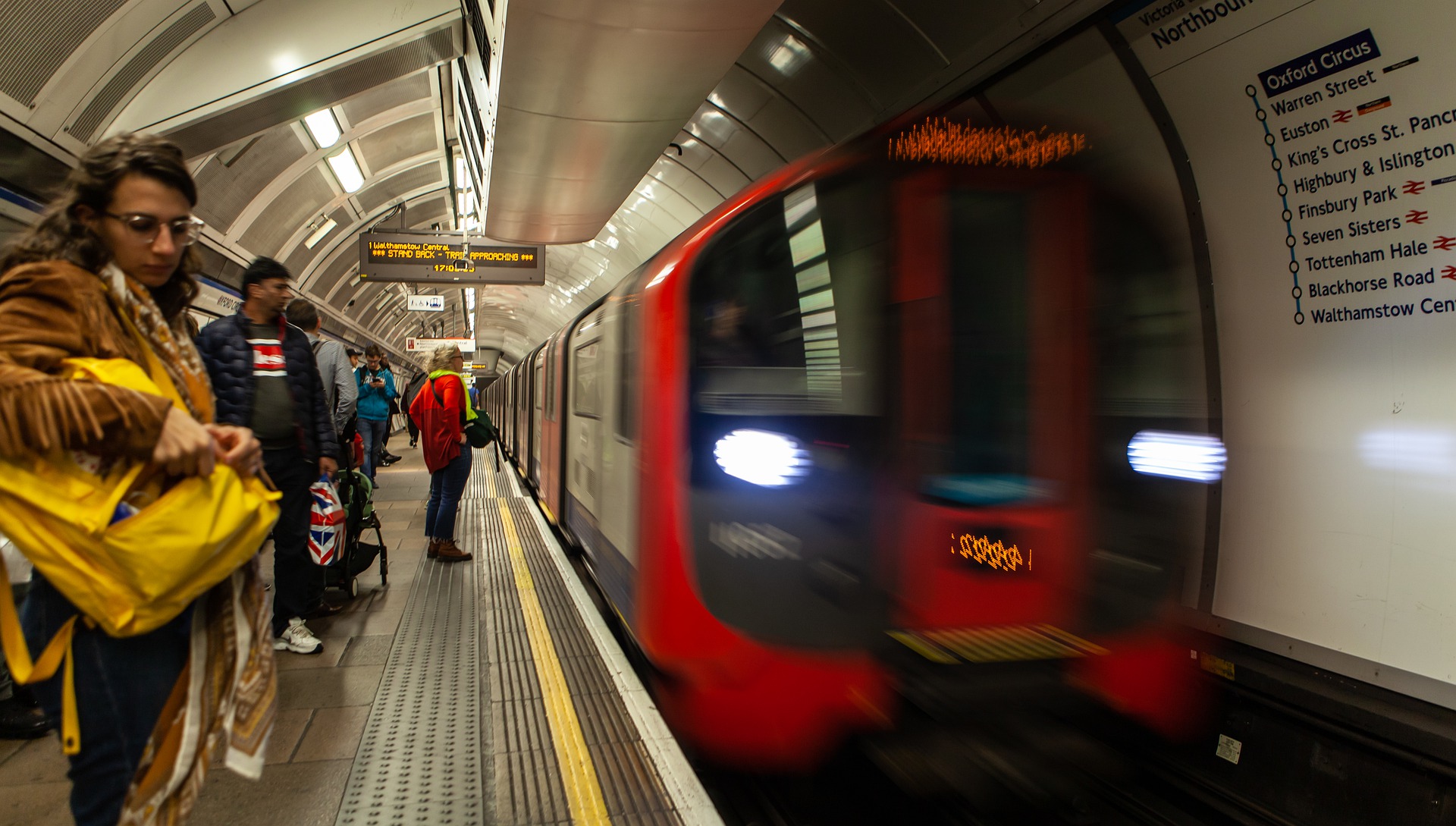
Life&Style’s Imogen Turner praises next year’s International Women’s Day plans to reimagine London’s tube map to highlight prominent women and non-binary figures
Reni Eddo-Lodge – author of the best-selling book, Why I’m No Longer Talking to White People About Race – and Emma Watson – actress, feminist and activist – are involved in a new project that aims to illuminate the importance of women and non-binary people in the forging of London’s history. By asking the public to submit suggestions as well as consulting with historians, the stops of London’s underground will be renamed to more accurately represent the city’s past.
“This reimagining…forces the public to question the way they perceive ‘heroic’ figures within our culture
This reimagining, which is intended to make public displays of history more representative and realistic, was inspired by a similar project in New York City, and forces the public to question the way they perceive ‘heroic’ figures within our culture. The creator of the New York project, Rebecca Solnit, explained the need for the project by highlighting the impact that a lack of female representation has on our daily lives: ‘How does it impact our imaginations that so many places in so many cities are named after men and so few after women? What kind of landscape do we move through when streets and parks and statues and bridges are gendered…and it’s usually one gender, and not another?’
The project is clear in its aim to spark debate over questions at the heart of Public History (the ways in which history are presented to and consumed by the public). Questions like ‘who do we remember?’ and ‘who do we consider important figures in our collective history?’ are opened up for debate. By renaming the hundreds of stops along the map to reflect a more inclusive roll of people, the project should raise some important debates and present the question: Why shouldn’t the people who have shaped London’s history not be remembered as significant? This is especially true since the project will highlight important figures in the early feminist movement as well as neglected and forgotten individuals in history, particularly people of colour and non-binary figures.
“The project will highlight important figures in the early feminist movement as well as neglected and forgotten individuals in history
The names which will replace tube stops will have a connection to that area. Ideas such as Amy Winehouse, Mary Wollstonecraft, Phoebe Waller-Bridge and Naomi Campbell are already in circulation, drawing on remarkable women from all different areas including politics, sport, music and fashion.
Using the tube as a venue for a public history project like this one is effective for its popularity and necessity in the lives of most Londoners and tourists, sending a clear message about the direction of commemoration and display in this country.
Publication is scheduled for International Women’s Day on 8th March 2021 and suggestions can be submitted here.
Check out more articles on feminism from Life&Style:
Comments